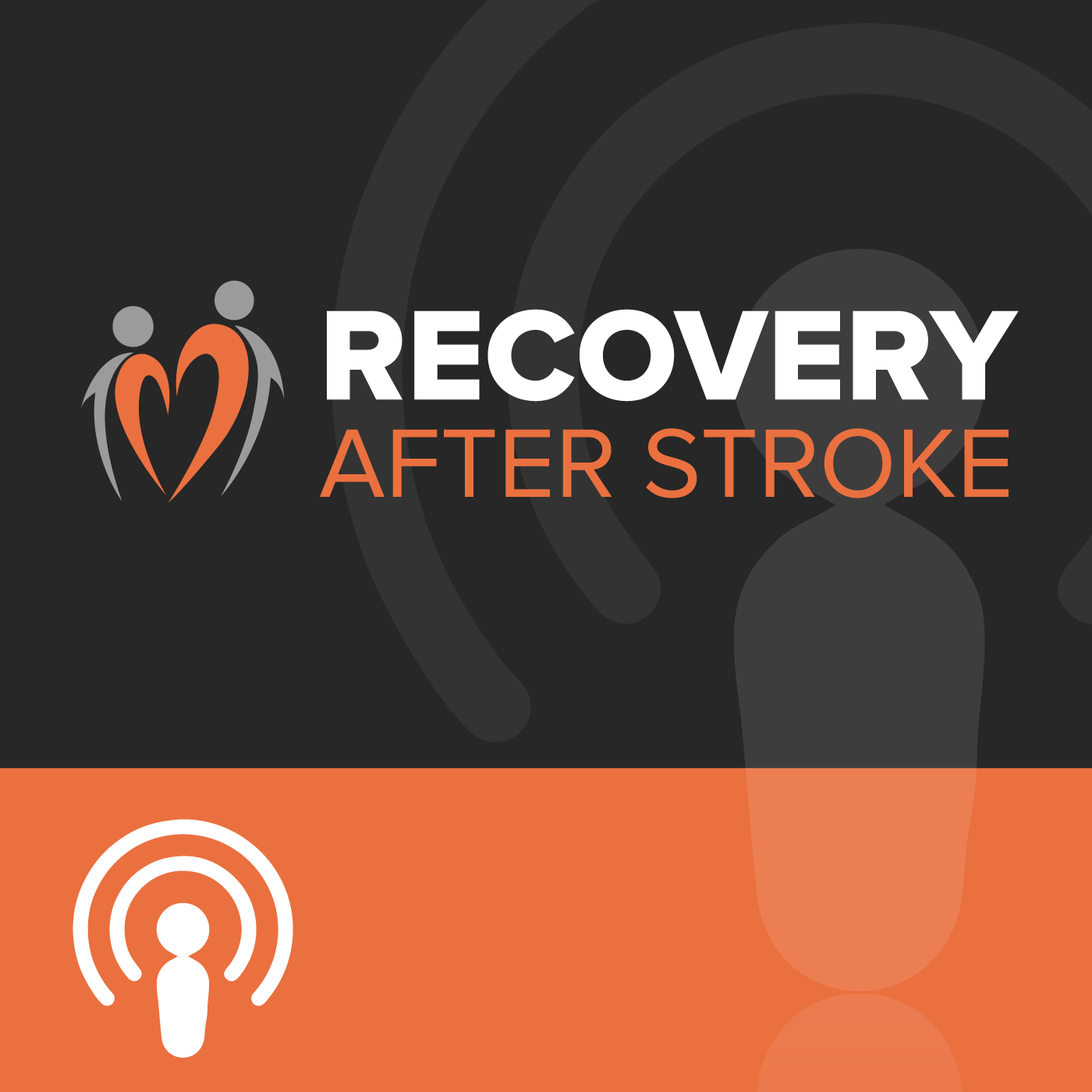Life After Perinatal Stroke | Clara Woods & Betina Genovesi
Understanding Perinatal Stroke: Causes, Symptoms, and Management Welcome to our comprehensive guide on perinatal stroke – a condition that affects newborns and infants, their families, and caregivers. In this article, we delve into the intricate details of perinatal stroke, including its causes, symptoms, and effective management strategies. Our aim is to provide you with a well-rounded understanding of this condition and equip you with valuable insights to navigate the challenges it presents. What is Perinatal Stroke? Perinatal stroke, also known as neonatal stroke, refers to a disruption in the blood supply to the brain of a baby that occurs either before, during, or immediately after birth. This can result from various factors, including blood clotting disorders, infections, and issues during fetal development. The consequences of perinatal stroke can vary widely, impacting a child’s neurological development and overall quality of life. Causes of Perinatal Stroke Perinatal strokes can stem from a range of factors that affect the developing brain. Some potential causes include: Blood Clotting Disorders: Conditions that affect blood clotting can increase the risk of strokes in newborns. These disorders may be genetic or acquired. Infections: Maternal infections during pregnancy can lead to inflammation and affect the blood vessels in the developing fetus’s brain. Vascular Issues: Abnormalities in blood vessels, such as narrowing or blockages, can restrict blood flow to the brain and trigger strokes. Heart Problems: Congenital heart defects can lead to the formation of blood clots that may travel to the brain and cause strokes. Symptoms and Diagnosis Identifying perinatal stroke can be challenging due to the limited communication abilities of newborns. However, some common symptoms include: Seizures: Newborns experiencing seizures may be exhibiting signs of perinatal stroke. Seizures can manifest as twitching, rhythmic movements, or loss of consciousness. Weakness or Paralysis: One side of the body may appear weaker or paralyzed compared to the other. Difficulty Feeding: Babies with perinatal stroke might have trouble feeding due to oral-motor difficulties. Developmental Delays: As the child grows, developmental delays in areas such as speech, motor skills, and cognitive abilities may become evident. Diagnosing perinatal stroke often involves a combination of neuroimaging techniques, medical history analysis, and thorough physical examinations. Early diagnosis is crucial to implementing effective interventions. Management and Treatment The management of perinatal stroke requires a multidisciplinary approach, involving pediatric neurologists, physical therapists, speech therapists, and other healthcare professionals. Treatment strategies may include: Physical Therapy: Physical therapy helps improve motor skills, muscle strength, and coordination in affected infants. Occupational Therapy: This type of therapy focuses on enhancing the child’s ability to perform daily activities and develop fine motor skills. Speech Therapy:

